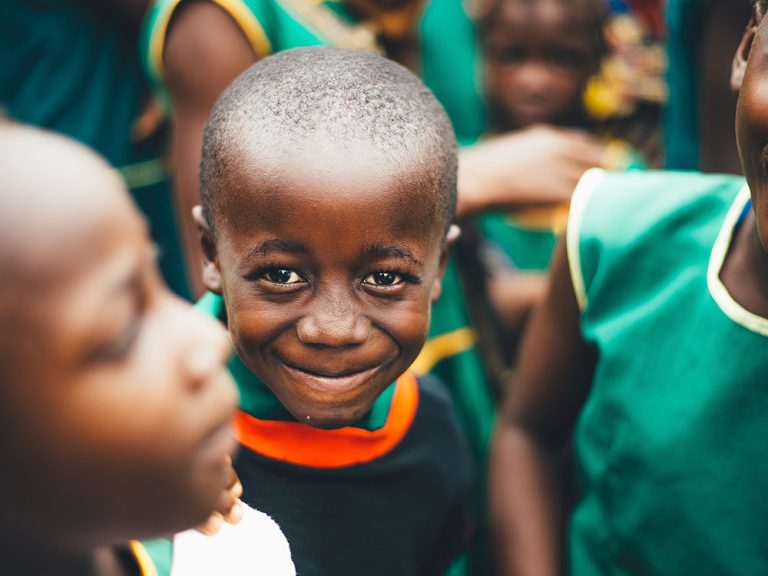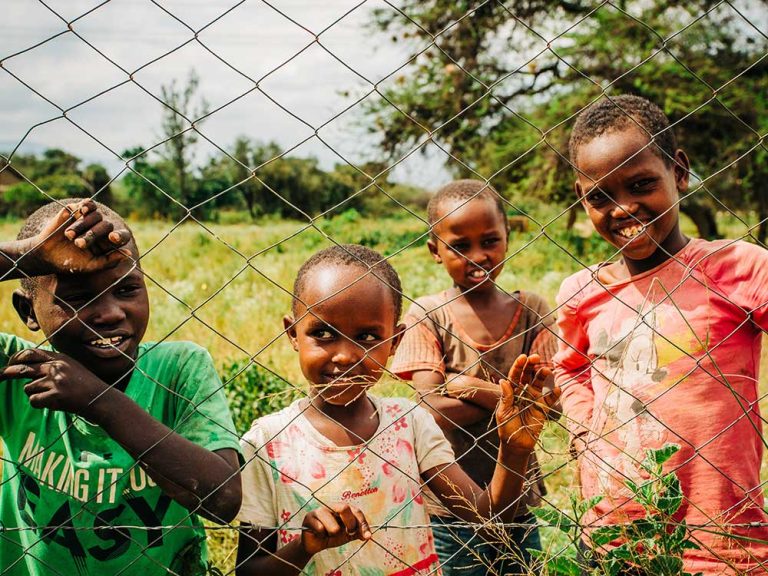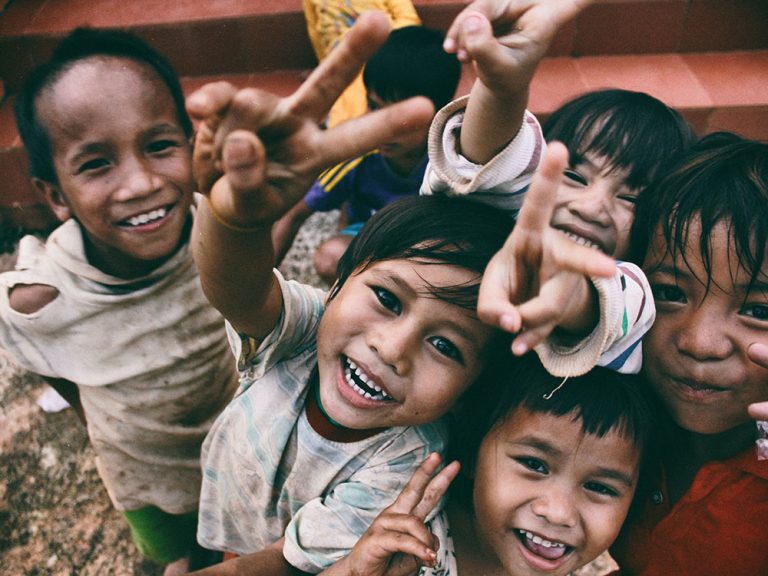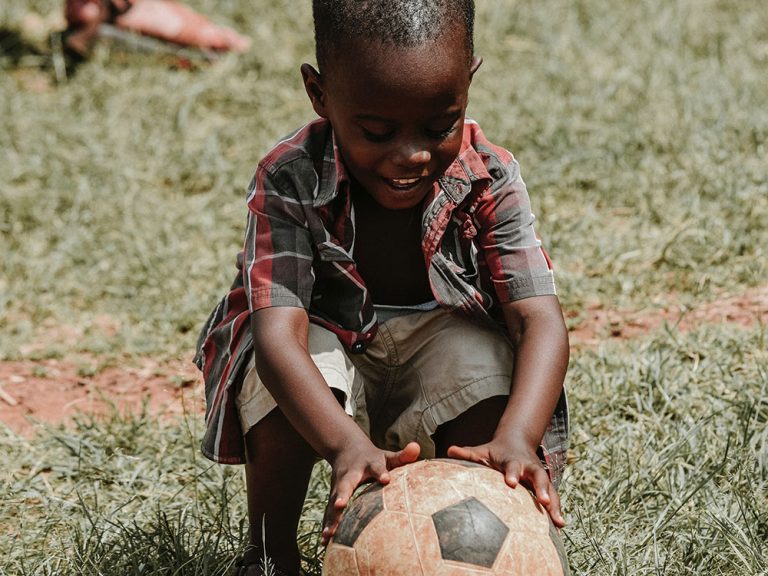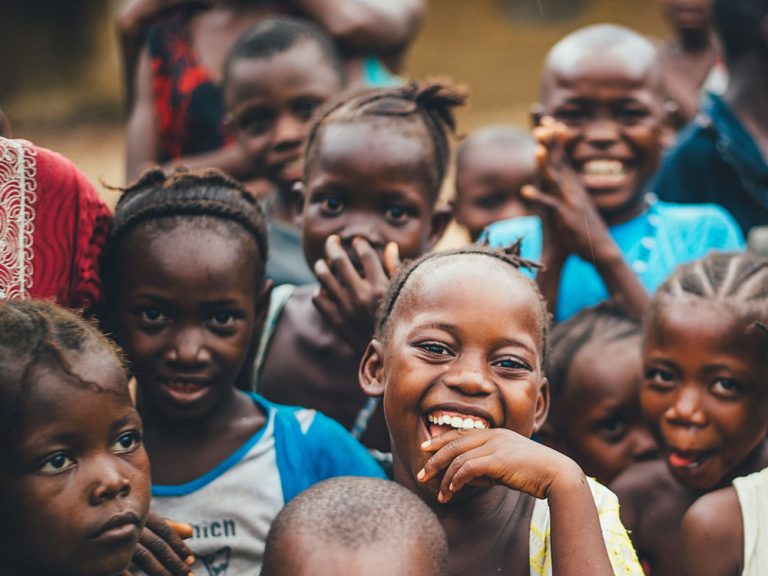WOMEN
DONATE WITH YOUR LOVE Home Activities KALVARAYAN HILLS CHILDREN WOMEN YOUTH AGED TRIBAL EMERGENCY VOLUNTEERING About Us Contact X Women Our activities with and for the women Mother & child care and nutrition program PNC RCH Immunization and family planning…



